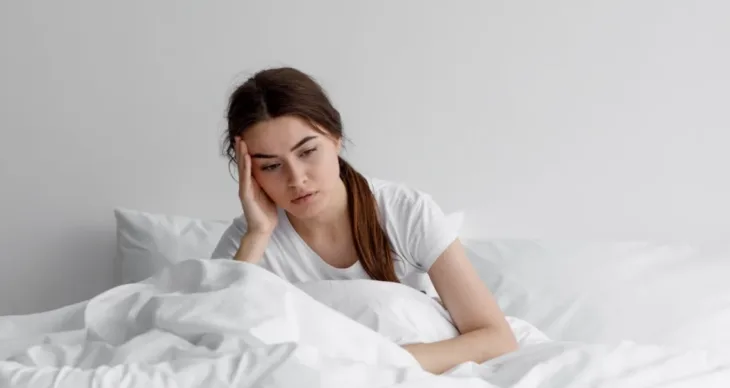Sleep is often taken for granted, yet it plays a critical role in maintaining both our physical and mental health. The quality of our sleep directly influences how we feel, think, and interact with the world around us. Whether it’s managing stress, maintaining focus, or fostering emotional resilience, getting enough restful sleep is essential for overall well-being.
However, in our fast-paced, always-on society, sleep is frequently sacrificed, leading to a range of health issues. This slideshow delves into the profound connection between sleep and mental health, exploring the consequences of sleep deprivation and offering practical tips to improve your sleep hygiene.
By understanding and prioritizing better sleep, you can significantly enhance your mental and physical health, leading to a more balanced and fulfilling life.
Sleep Deprivation and Emotional Health
Poor sleep can have immediate and long-term effects on your emotional health. When you don’t get enough sleep, you’re more likely to experience mood swings, irritability, and stress. Sleep deprivation can also lower your threshold for handling everyday challenges, making you feel overwhelmed and more prone to negative emotions.
Cognitive Impairments from Lack of Sleep
Lack of sleep doesn’t just affect your mood; it also impairs cognitive functions such as concentration, memory, and decision-making. You may find it difficult to focus on tasks, remember important information, or make sound decisions. This cognitive decline can impact your work performance, academic success, and daily life activities.
Long-Term Mental Health Risks
Chronic sleep deprivation is a significant risk factor for developing serious mental health issues. Continuous lack of quality sleep can lead to disorders such as depression and anxiety. In severe cases, it can even contribute to the onset of psychosis and other mood disorders. Understanding these risks emphasizes the importance of prioritizing sleep for mental well-being.
Physical Health Consequences
The effects of poor sleep extend beyond mental health, impacting your physical health as well. Sleep deprivation has been linked to increased risks of cardiovascular diseases, diabetes, obesity, and weakened immune function. These physical health issues can, in turn, worsen mental health, creating a vicious cycle that is hard to break.
Hormonal Disruption and Its Effects
Sleep deprivation disrupts the brain’s ability to regulate hormones, particularly those related to stress and appetite. When sleep-deprived, the body produces more cortisol, a stress hormone, which can increase feelings of anxiety and exacerbate mental health issues.
Additionally, lack of sleep can disrupt the balance of hunger hormones like ghrelin and leptin, leading to increased appetite and cravings for unhealthy foods. This can result in weight gain, which further impacts both physical and mental health. Understanding these biological impacts underscores the importance of prioritizing sleep as a cornerstone of overall well-being.
Sleep and Social Relationships
When you’re not well-rested, your social interactions can suffer. Poor sleep can lead to decreased patience, increased conflicts, and difficulty in maintaining positive relationships. Being tired can make you less empathetic and more prone to misunderstandings, affecting your connections with family, friends, and colleagues.
Recognizing the Signs of Poor Sleep
It’s essential to recognize the signs of poor sleep so you can address them promptly. Common indicators include feeling excessively tired during the day, relying heavily on caffeine to stay awake, experiencing frequent headaches, and having difficulty concentrating.
If you notice these signs, it may be time to evaluate your sleep habits and make necessary adjustments.
By understanding the profound impact of poor sleep on various aspects of your life, you can take the necessary steps to improve your sleep hygiene. In the next slides, we’ll explore actionable tips to help you achieve better sleep and enhance your mental health.
By Admin –
